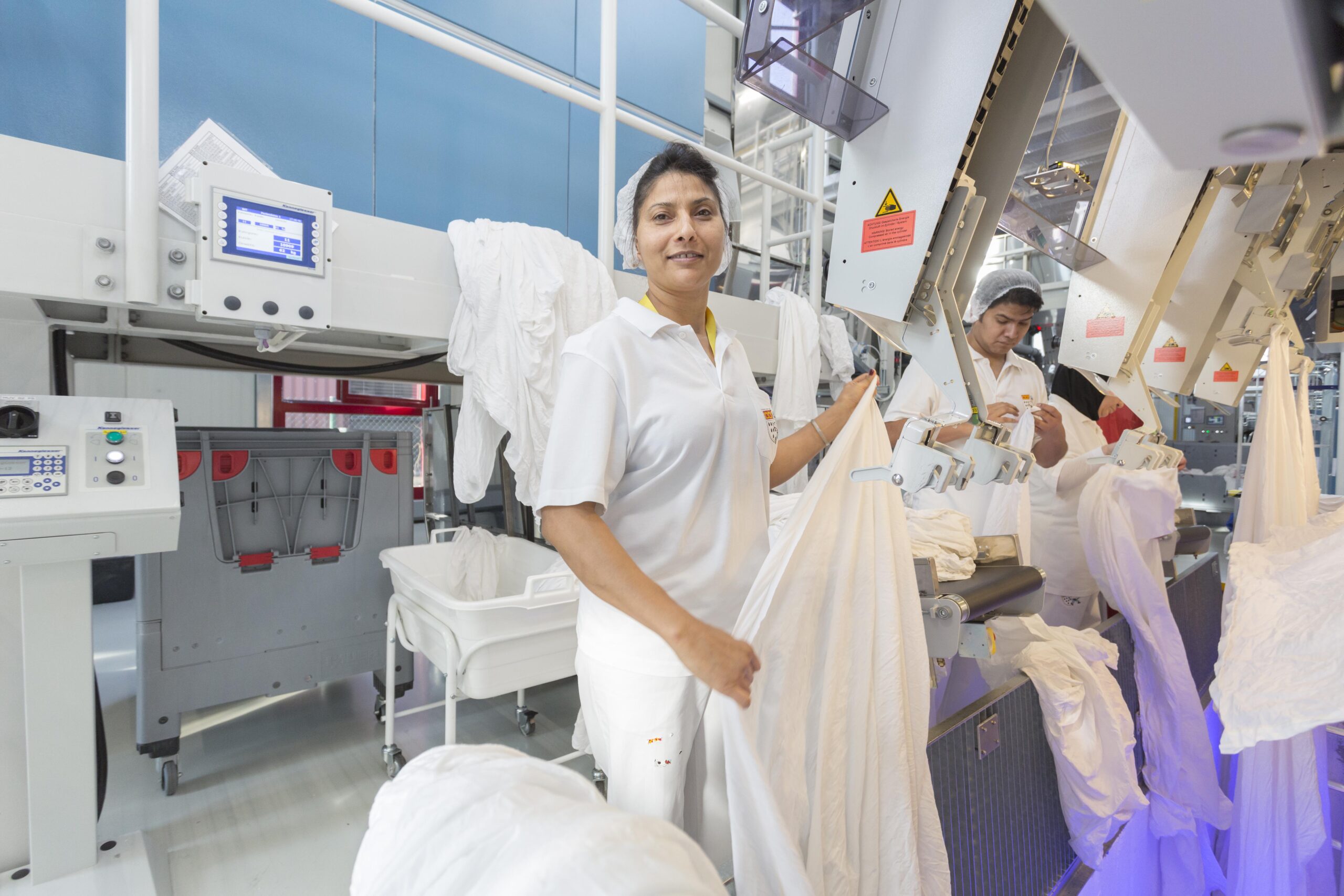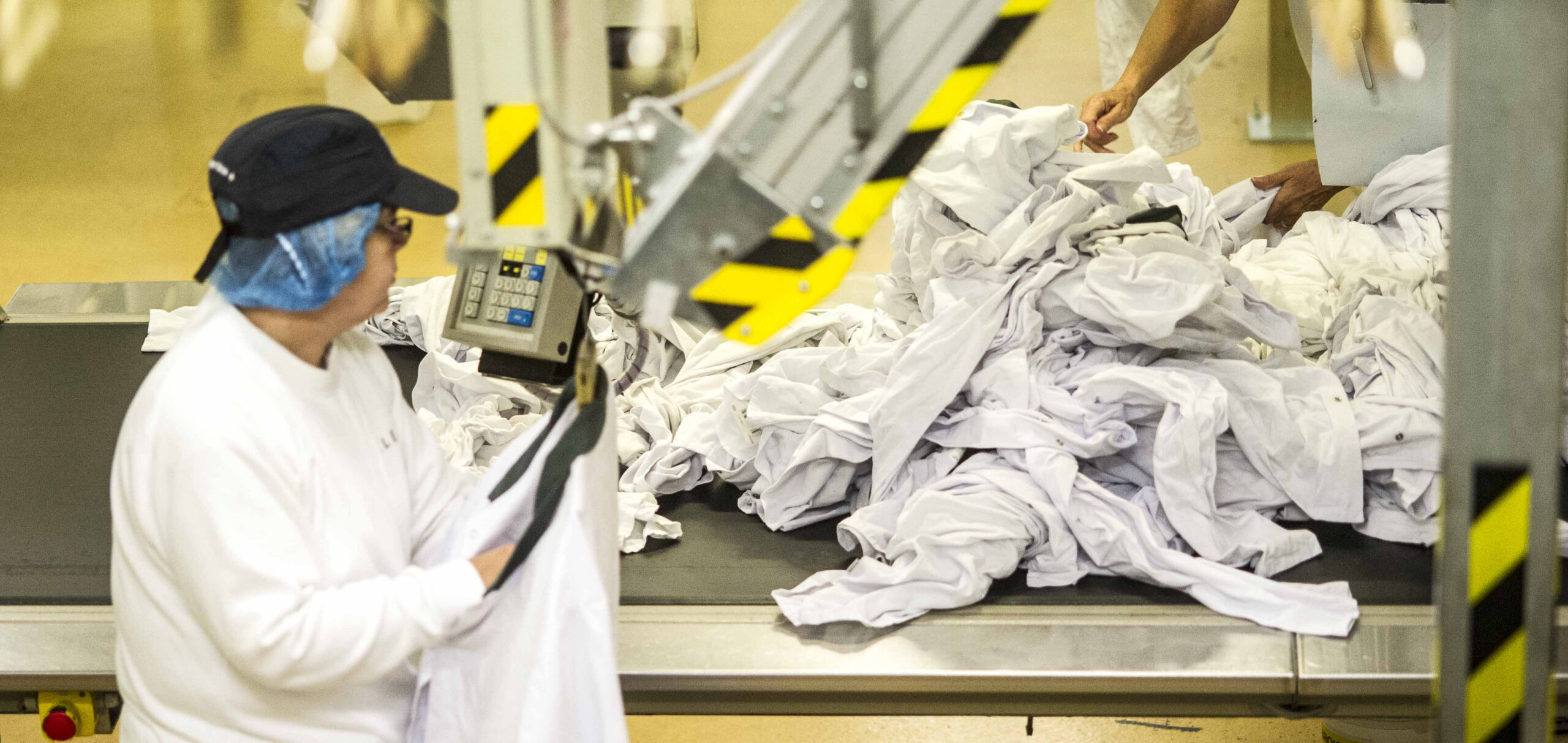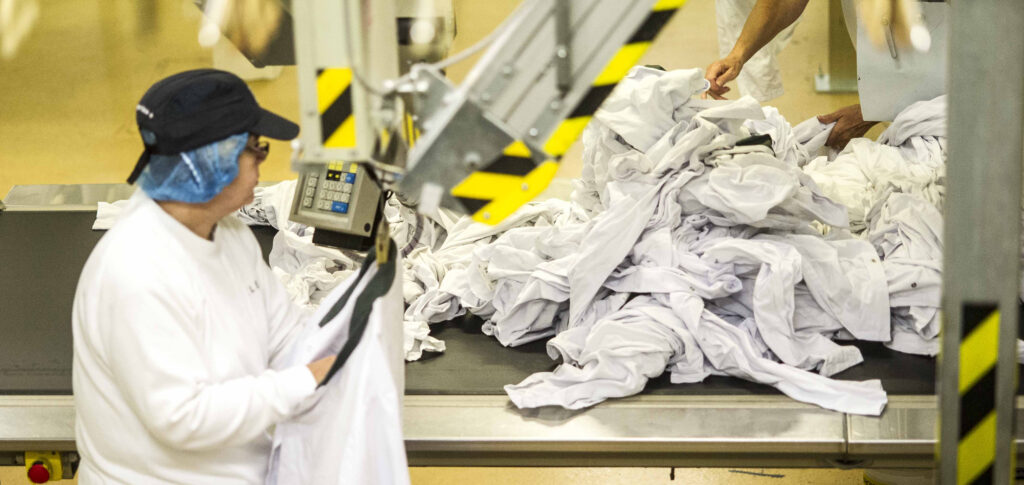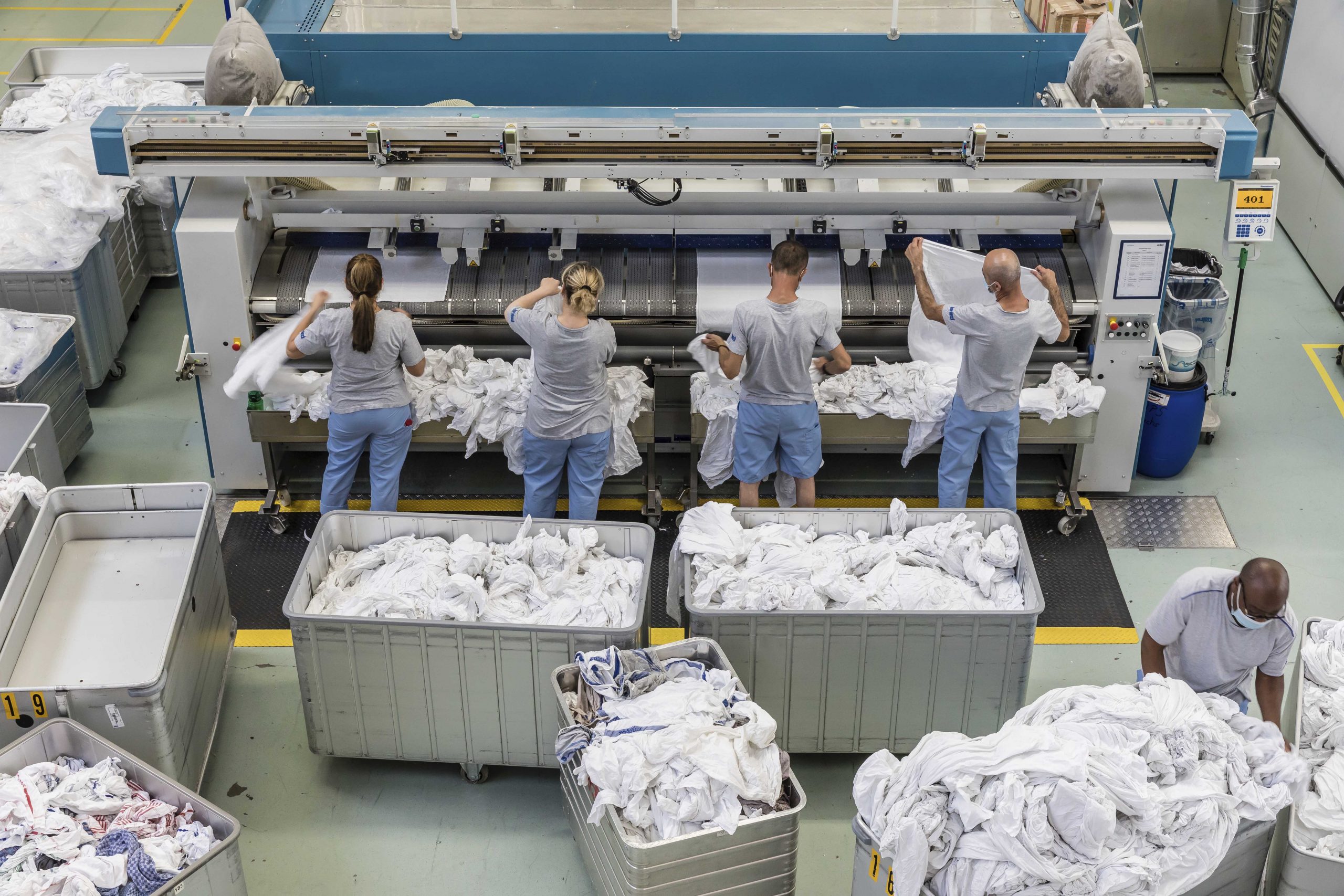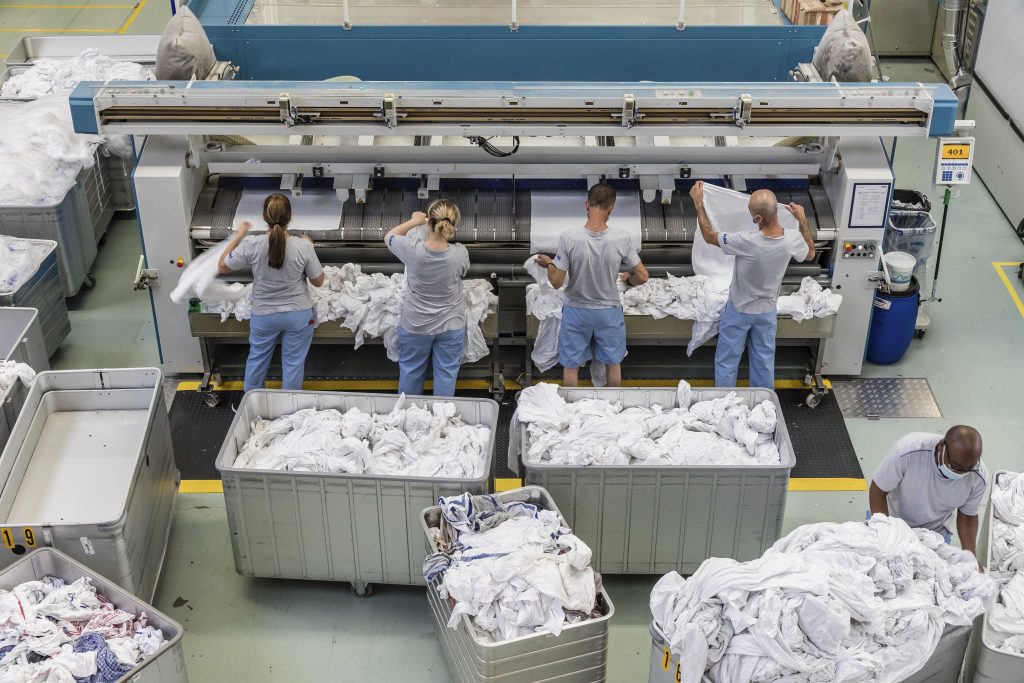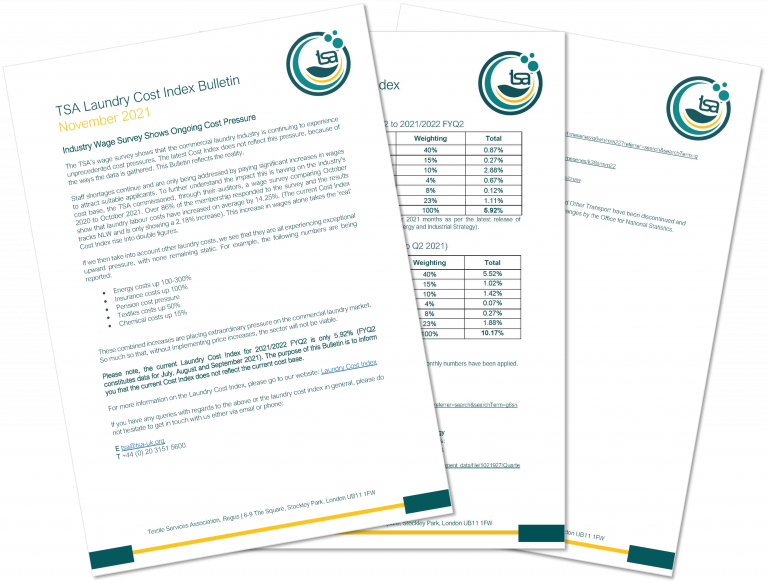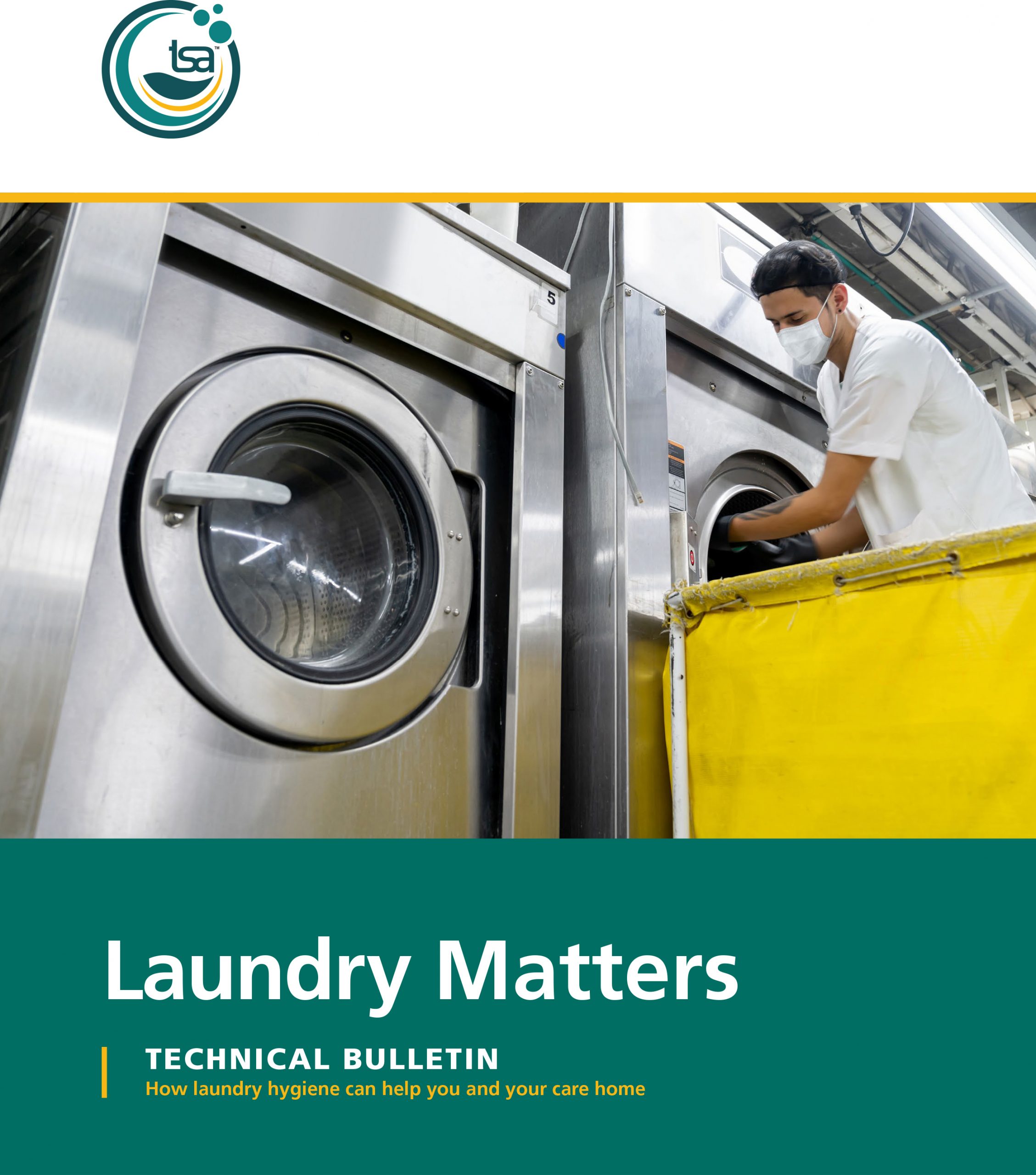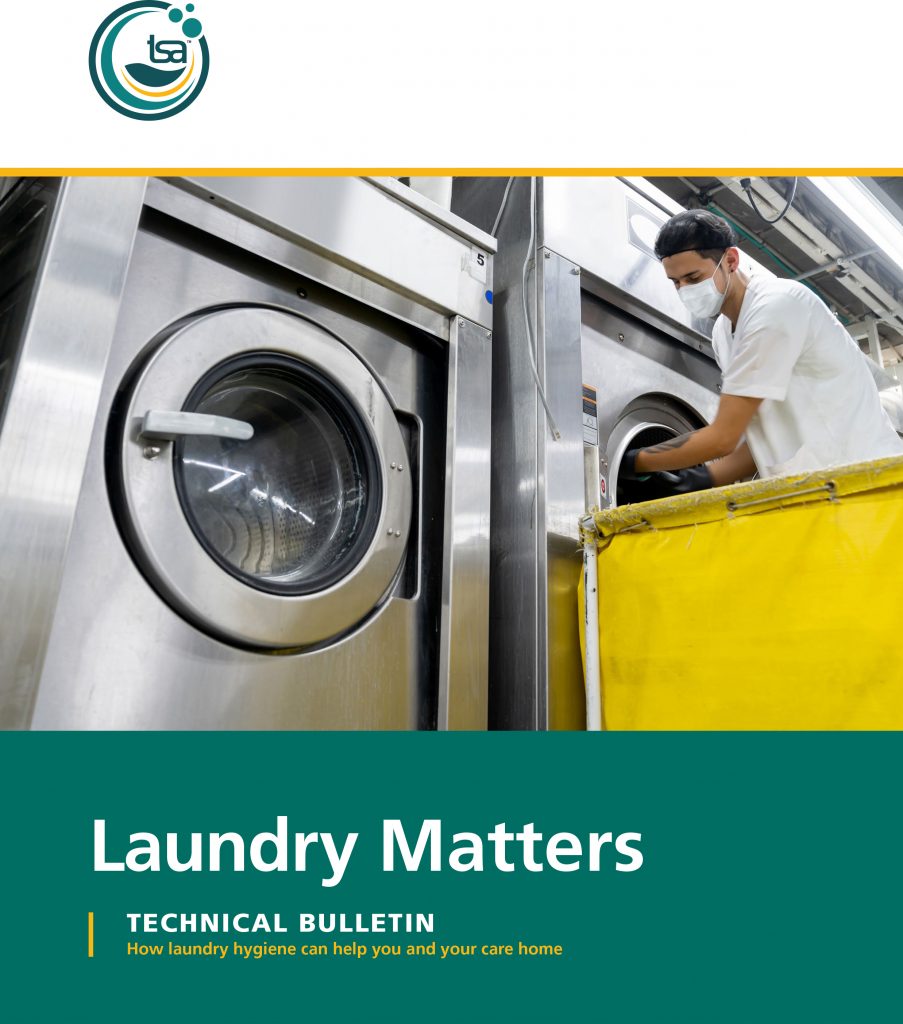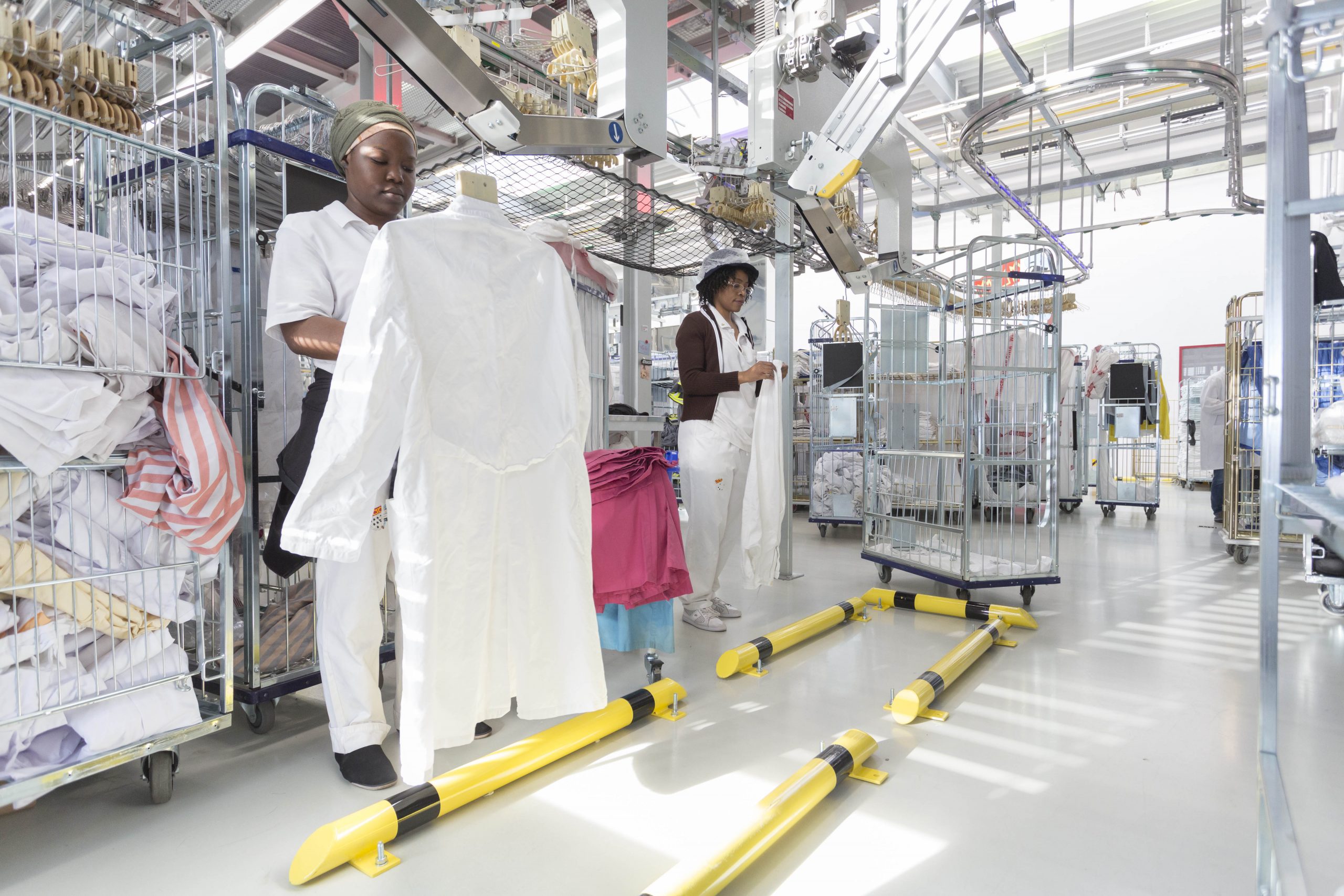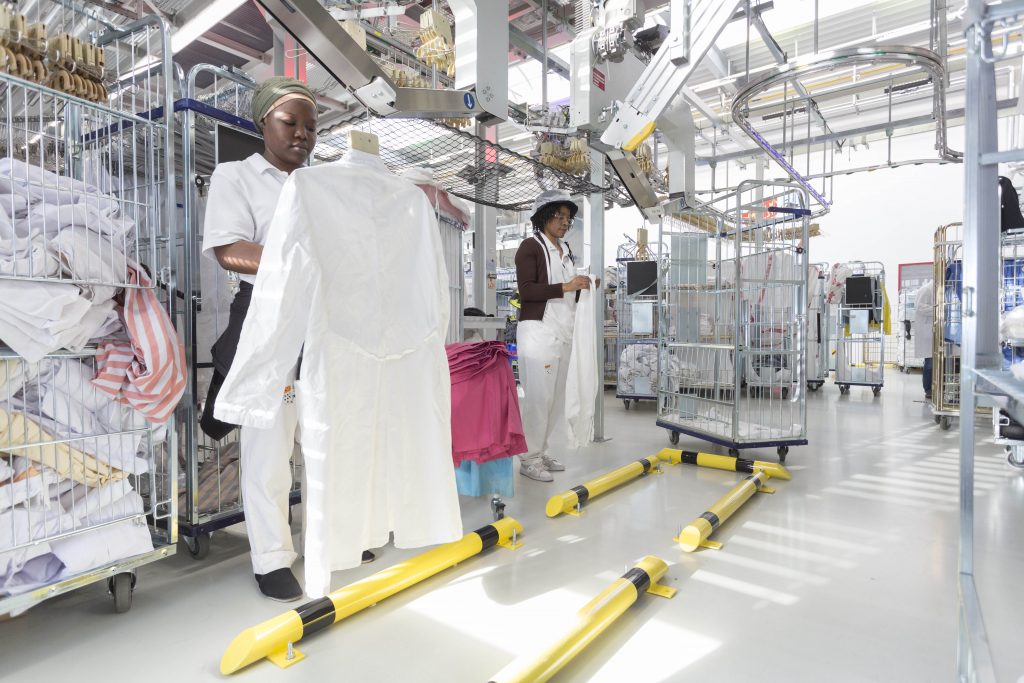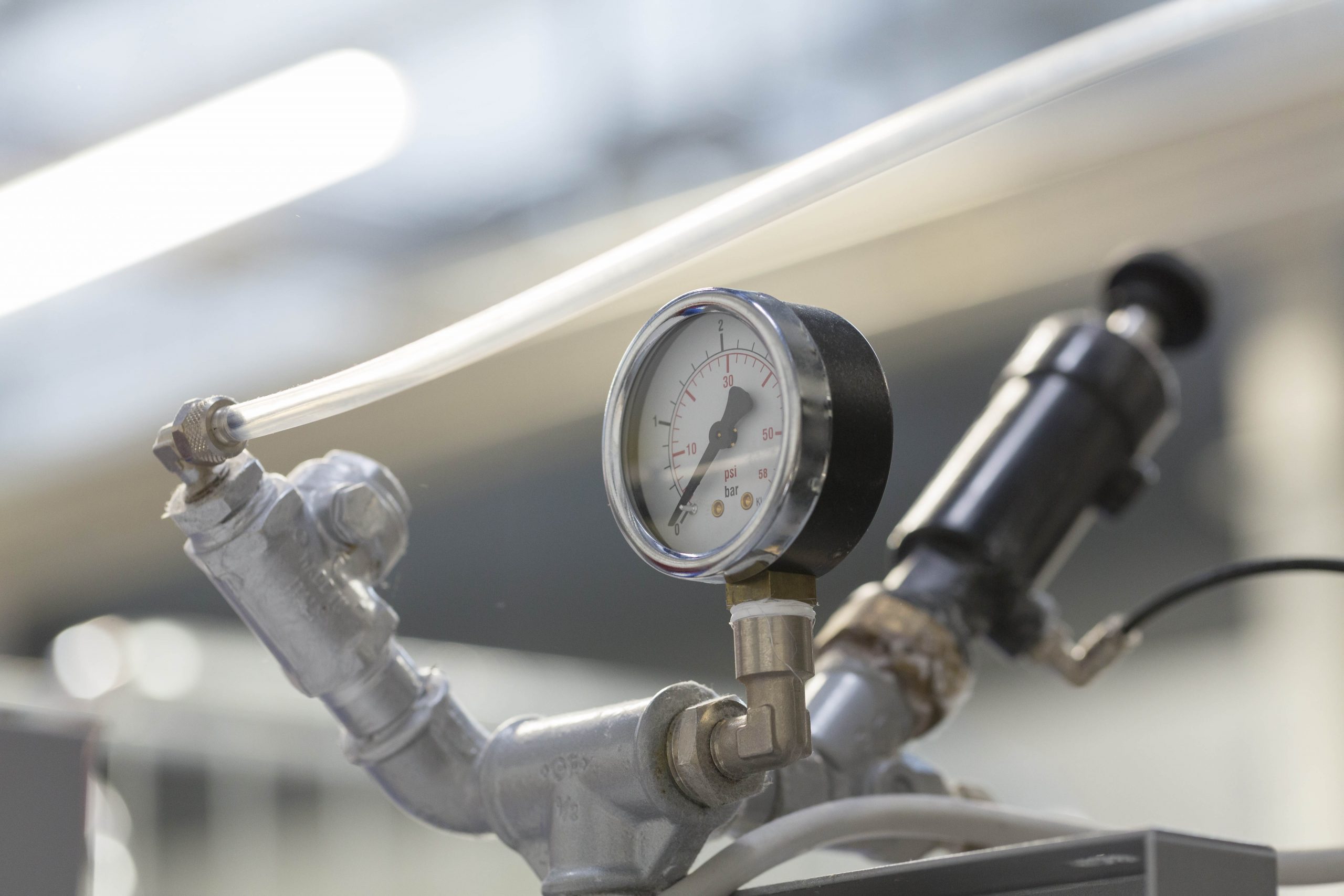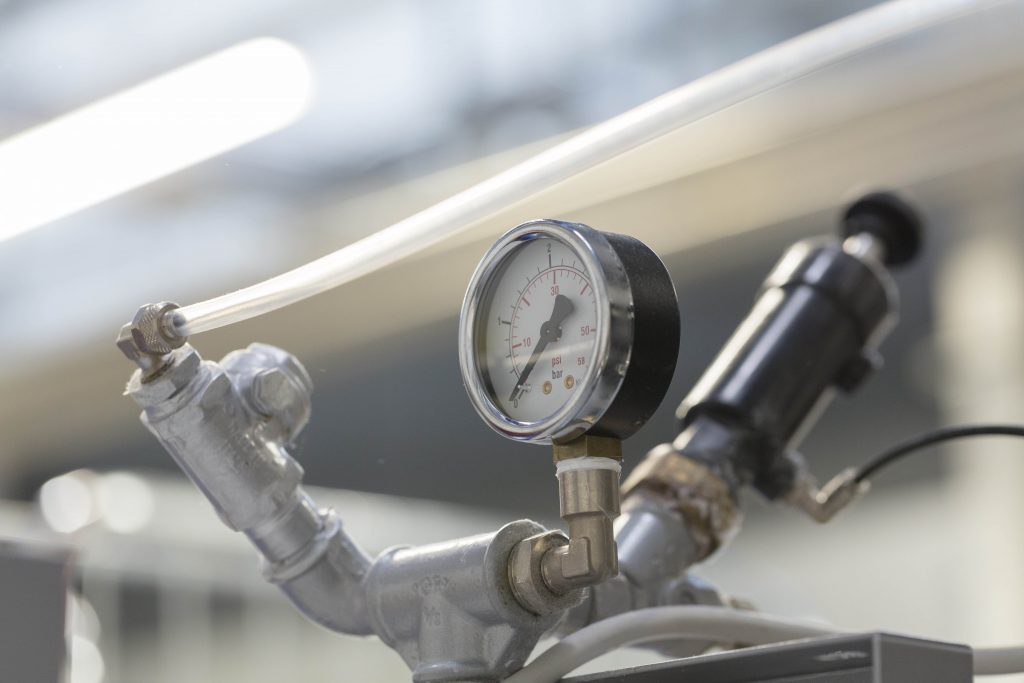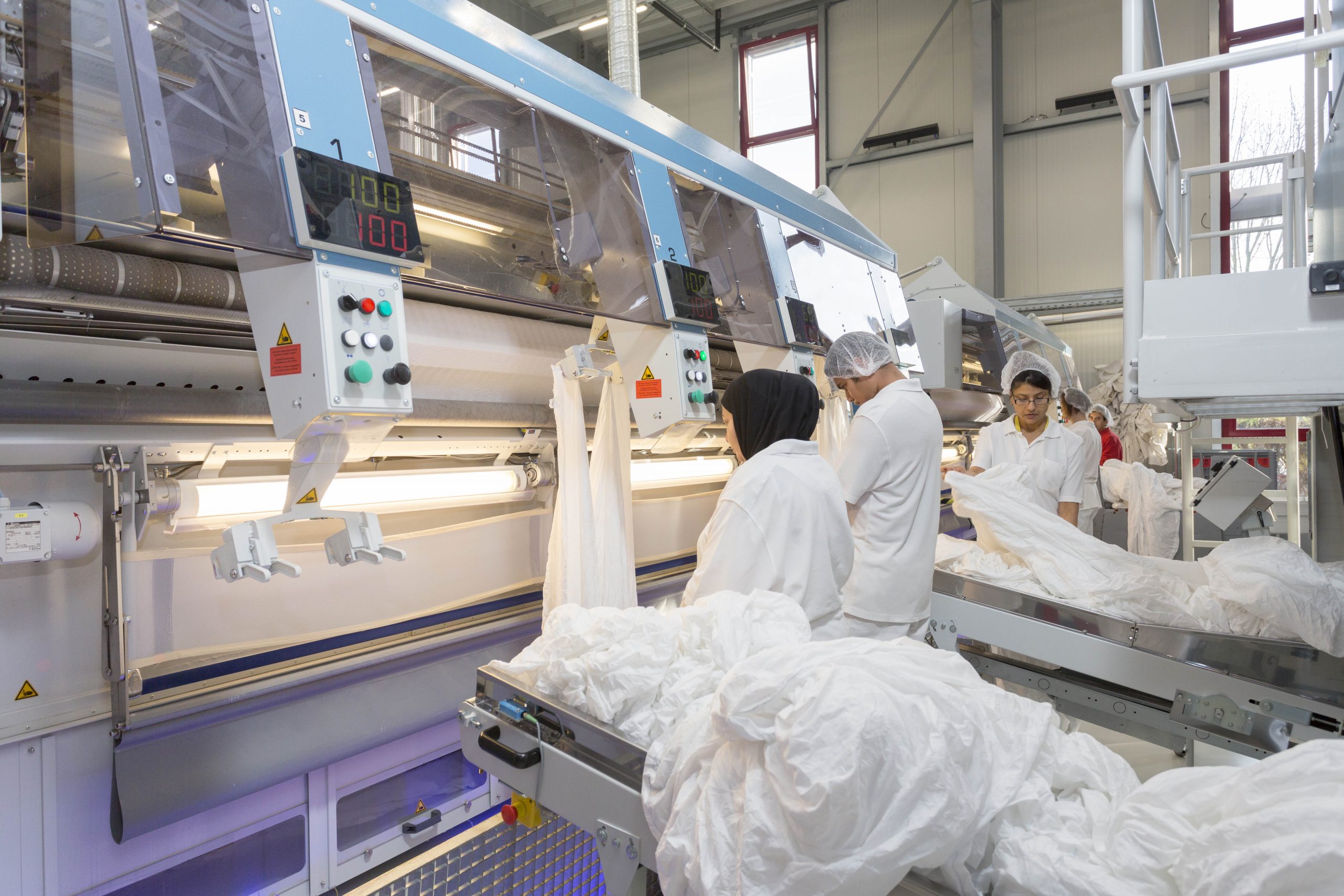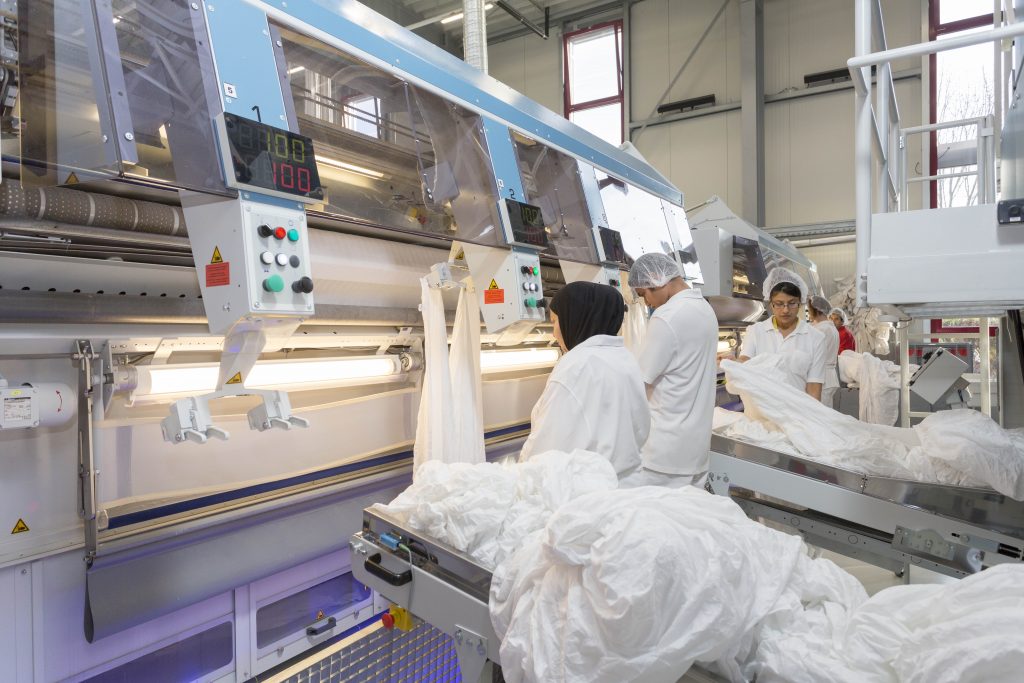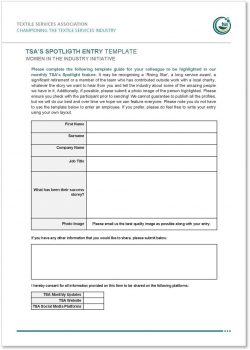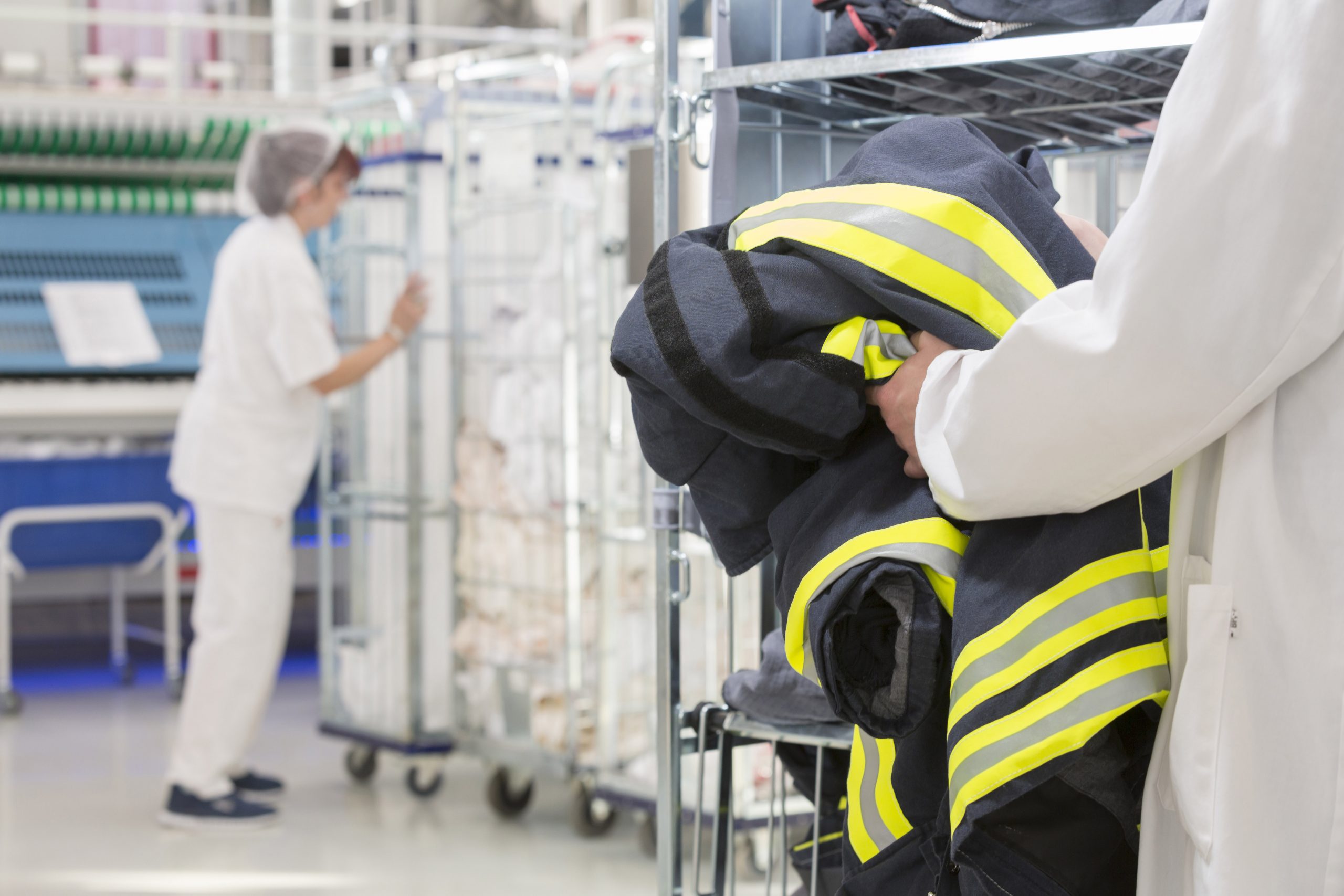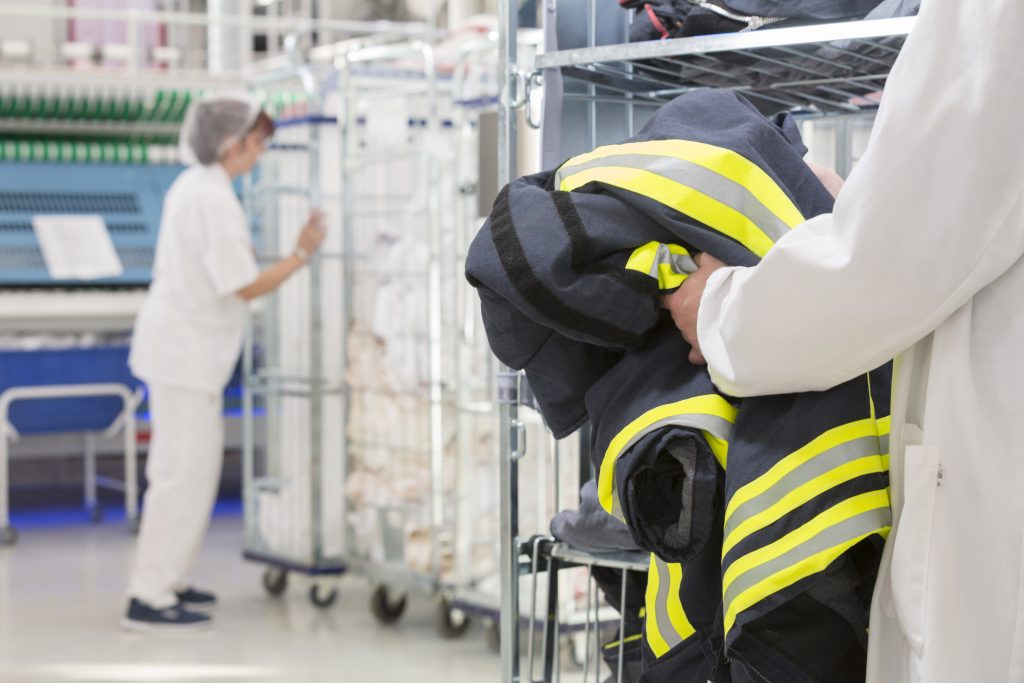The textile services sector sits behind practically every sector of the UK economy
Research conducted by Hatch Regeneris concludes that the textile services industry is ‘core to the operation of many businesses in vital and important sectors of the UK economy.’ It highlights three markets of particular significance, hospitality, healthcare and manufacturing, concluding that without the support of the textile services industry they would face insurmountable problems. Yet the long-term sustainability of textiles services in the UK is under considerable threat and action is needed if it is to survive.
The research was commissioned by TSA, the Textile Services Association, and was carried out in 2020. The key problems it highlighted are dramatically rising costs, downward pressure on prices and severe staff shortages. However, since then the industry has suffered even more setbacks and its position is even more precarious. “Brexit, the pandemic and escalating fuel costs have amplified the issues to a catastrophic extent,” says David Stevens, CEO of the TSA. “Without serious price rises for customers and government support – at the very least in terms of access to the EU labour market – there is a real risk that many textile services companies will go out of business.”
Textile services encompass the supply, rental, laundering and maintenance of textiles. It ranges from bedding and towelling in hotels; to PPE and workwear in factories; to surgical, pharmaceutical and high-care food workwear; to mats, roller towels and washroom services in a wide range of sectors. Each week the industry processes 53 million textile items to end users in the UK.
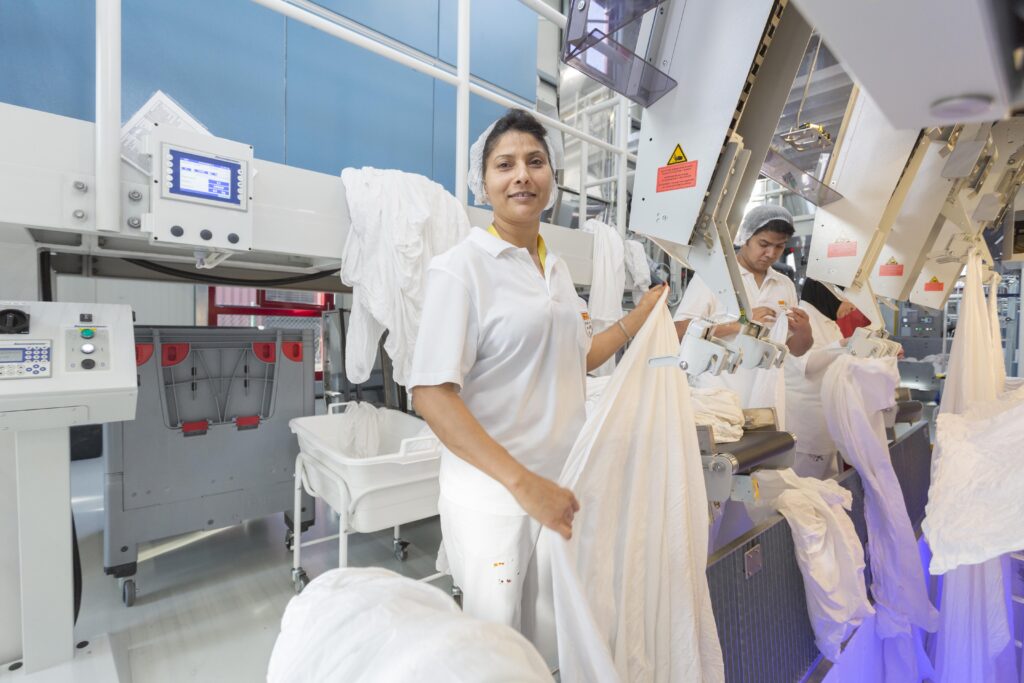
The report estimates that the textiles services industry contributes a total of £1.3billion in GVA to the UK economy and £190million to the Exchequer, while supporting 28,000 FTE jobs. It notes that hospitality is dependent on the industry, since the provision of clean, fresh linen is fundamental to their business. Just one hotel with 100 bedrooms will get through 750 pieces of linen per day. Similarly in manufacturing, the report says production lines would come to a standstill within three days of not receiving new workwear. Meanwhile, healthcare and social care can’t function safely without bedlinens, surgical gowns and patient wear washed to very high specifications.
Aside from those three key sectors, as the report points out, ‘the textiles services industry sits behind practically every sector in the UK economy.’
“If commercial textiles services ceased to operate, many UK businesses, industries and sectors would grind to a halt,” says Stevens. “We continue to press the Government for help, but so far they continue to ignore us, despite organisations like UKHospitality and NHSI supporting our arguments.”
The Hatch Regeneris research, ‘The Economic Value of the Textile Services Sector to the UK Economy,’ is available to download at tsa-uk.org, from the TSA publications section in the documents library.
If you have any queries, please do not hesitate to get in touch with us either via email or phone:
T +44 (0) 20 3151 5600

